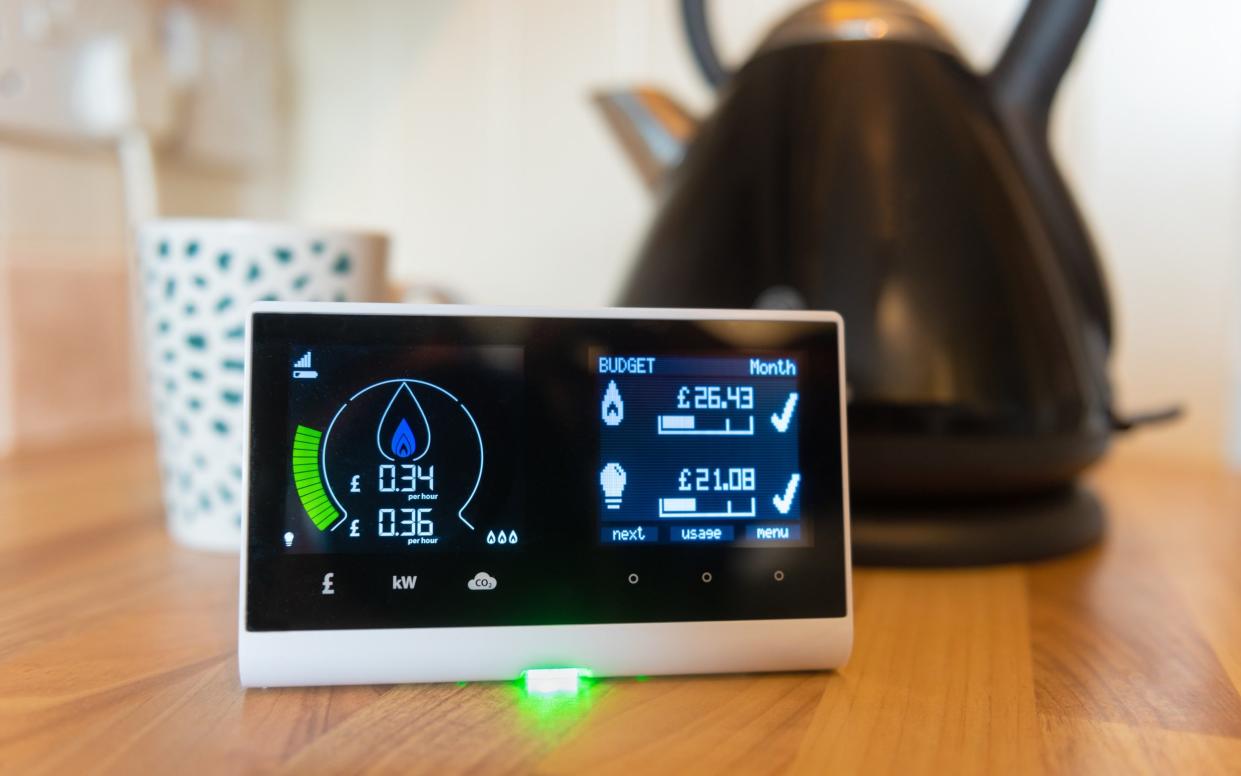Compulsory smart meters crucial to fight ‘real and growing risk’ of drought, experts warn

Smart water meters must be made compulsory across all households to protect the UK against climate change, the National Infrastructure Commission (NIC) has warned.
The government agency is urging ministers to ramp up the rollout of devices, as it claims water supplies were becoming one of the country’s biggest challenges.
Without smart water meters, the NIC said the UK is at heightened risk of drought.
In its latest report, NIC officials said water companies should have the power to compel all homes to accept smart meters as part of a “concerted campaign to reduce water demand”.
The UK used about 10bn litres of water a day in 1960 but that has since risen to around 15bn.
The NIC says the nation must reduce water supplies to protect itself against surging demand, extreme droughts and a growing population.
The report said: “Over the coming decades the UK faces a real and growing risk of water shortages, especially in the south and east of England.
“The Government must deliver a combined additional water supply and demand reduction of 4.8bn litres a day by 2050.”
The NIC suggests this could be achieved by building or extending reservoirs, desalinating seawater and creating water recycling plants where treated sewage water is pumped back into the drinking supply.
It also claims that compulsory water metering could reduce demand by 17pc across the country.
Sir John Armitt, the NIC’s chairman said: “We face a make-or-break time for the long-term prospects of UK infrastructure. There has been some progress. But other areas have seen few developments, or worse, progress has reversed.”
The report also criticised the Government’s progress in cutting greenhouse gas emissions, especially from the domestic boilers relied on by 25 million homes for heat and hot water.
It said ministers must bring in radical new measures to persuade households to replace boilers with heat pumps, including interest-free government loans and subsidies of up to £12bn a year.
The NIC also said gas-fired power stations should almost all be closed by 2035 unless fitted with carbon capture systems.
It said: “Electrification is the only viable option for decarbonising buildings at scale, and the solution for most homes will be heat pumps.”
However, Sir John admitted that heat pumps are still too expensive compared to boilers, adding that the Government must offer “zero percent financing” to support their deployment.
Criticism was also directed at the Government’s lack of progress on transport, claiming that rail routes between Birmingham and north-west England will “remain poorly served” because of the curtailment of HS2.
It comes after Prime Minister Rishi Sunak cancelled plans last year to extend HS2 between the West Midlands and Manchester amid spiralling costs.
Sir John said: “A long-term plan is needed to address the key connectivity, capacity and reliability issues on the rail network in the North and the Midlands.”

